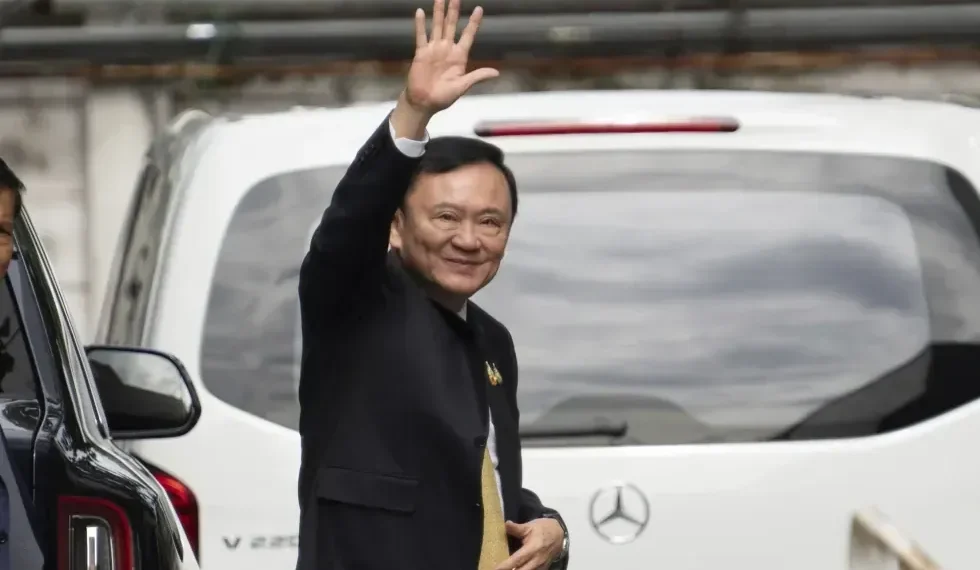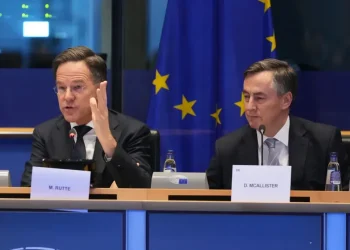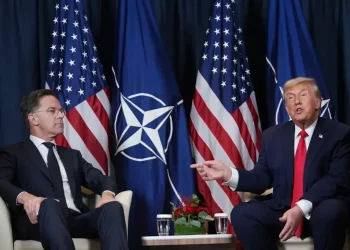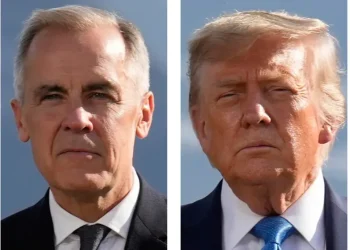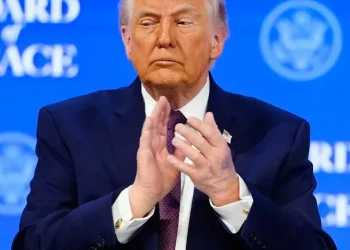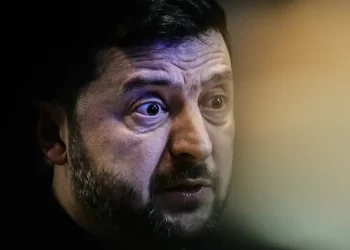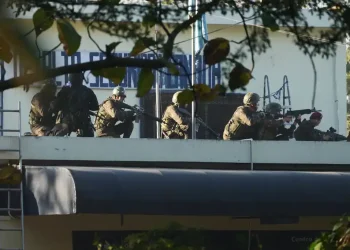Thaksin’s Sudden Departure Sparks Questions
Published Time: 09-05-2025, 15:30
Former Thai Prime Minister Thaksin Shinawatra left the country unexpectedly on Thursday, just days before a high-profile court ruling that could expose him to fresh legal risks. His exit comes at a turbulent moment in Thai politics, following the removal of his daughter, Paetongtarn Shinawatra, from the premiership.
Thaksin, who has long been a polarizing figure in Thailand, told immigration officials at Bangkok’s Don Mueang Airport that he was bound for Singapore. However, his travel plans quickly changed midair, fueling speculation about whether he intends to avoid possible prison time.
Flight Path Shift Raises Speculation
According to a police statement, Thaksin was cleared for departure shortly after 19:00 local time, as no arrest warrant or court order prevented him from leaving. Initial flight tracking data, reviewed by The Associated Press, indicated his private jet headed toward Singapore before diverting westward, circling twice, and continuing toward India.
Thaksin later clarified the situation on social media platform X, stating that he initially intended to land in Singapore for a medical checkup. He claimed that delays at Thai immigration meant his arrival would have missed Seletar Airport’s closing time. As a result, he diverted to Dubai, where he maintains long-standing ties and access to medical care.
Dubai also holds personal significance for Thaksin, who lived there in self-imposed exile beginning in 2008 after facing corruption charges at home.
Political Context and Family Setback
Thaksin’s departure coincides with significant political upheaval. Only a week earlier, the Constitutional Court disqualified his daughter, Prime Minister Paetongtarn Shinawatra, over an ethics violation linked to a phone call with Cambodian Senate President Hun Sen.
Parliament is scheduled to vote on Friday to select her successor, potentially ending the Shinawatra family’s long-standing influence in Thai politics. For more than two decades, Thaksin and his allies dominated electoral politics, despite repeated clashes with the military and judiciary.
A History of Exile and Legal Battles
Thaksin first rose to power in 2001 but was ousted by a military coup in 2006 while abroad. In 2008, he briefly returned to Thailand before fleeing once more, skipping bail ahead of a corruption verdict.
Over the years, he has faced a series of corruption and abuse-of-power charges, which he insists were politically motivated. In 2023, he returned to Thailand and began serving an eight-year prison sentence related to graft and misconduct.
Instead of being placed in a correctional facility, he was housed in Bangkok’s Police General Hospital due to reported health issues. His sentence was later reduced to one year by royal decree, and he was released on parole after serving six months.
These lenient conditions fueled debate over whether Thaksin received preferential treatment from Thai authorities.
Upcoming Supreme Court Ruling
The Supreme Court is expected to deliver a ruling on Tuesday that could determine whether the Corrections Department acted lawfully in handling Thaksin’s previous sentence. Legal analysts note that while the mandate of the court’s review is broad, it remains unclear if Thaksin himself could be held accountable.
If he were found complicit in any wrongdoing by officials, he could face additional charges that might result in a new prison term. His presence at the hearing will be closely watched as a measure of whether he intends to confront or evade Thailand’s legal system.
Ongoing Legal Challenges
Thaksin has long claimed that his legal troubles stem from political vendettas. While he continues to face scrutiny, he did secure a notable legal victory last month when a criminal court acquitted him of lèse-majesté, or royal defamation—a serious charge that carries up to 15 years in prison.
His family’s struggles extend beyond his own career. His sister, Yingluck Shinawatra, who also served as prime minister, fled Thailand in 2017 just before a verdict on a dereliction of duty case. She now resides in Dubai after being convicted in absentia.
Dubai as a Political Haven
Dubai has long served as a refuge for Thaksin and Yingluck, as well as for other global figures facing political or legal challenges. The city, known for its luxury lifestyle and global connectivity, has historically attracted leaders seeking safety abroad.
Among them was the late Pakistani leader Pervez Musharraf, who went into exile in Dubai after leaving power in 2008. Like Thaksin, Musharraf maintained ties there while navigating his legal and political challenges back home.
Uncertain Future
Thaksin insists he will return to Thailand to attend next week’s court session, but doubts remain among political observers who recall his past absences during key legal proceedings.
Whether his latest departure signals another extended stay abroad—or simply a temporary detour for medical reasons—remains unclear. What is certain is that his movement continues to shape Thai politics, even as the Shinawatra family’s grip on power appears to be weakening.
This article was rewritten by JournosNews.com based on verified reporting from trusted sources. The content has been independently reviewed, fact-checked, and edited for accuracy, neutrality, tone, and global readability in accordance with Google News and AdSense standards.
All opinions, quotes, or statements from contributors, experts, or sourced organizations do not necessarily reflect the views of JournosNews.com. JournosNews.com maintains full editorial independence from any external funders, sponsors, or organizations.
Stay informed with JournosNews.com — your trusted source for verified global reporting and in-depth analysis. Follow us on Google News, BlueSky, and X for real-time updates.
